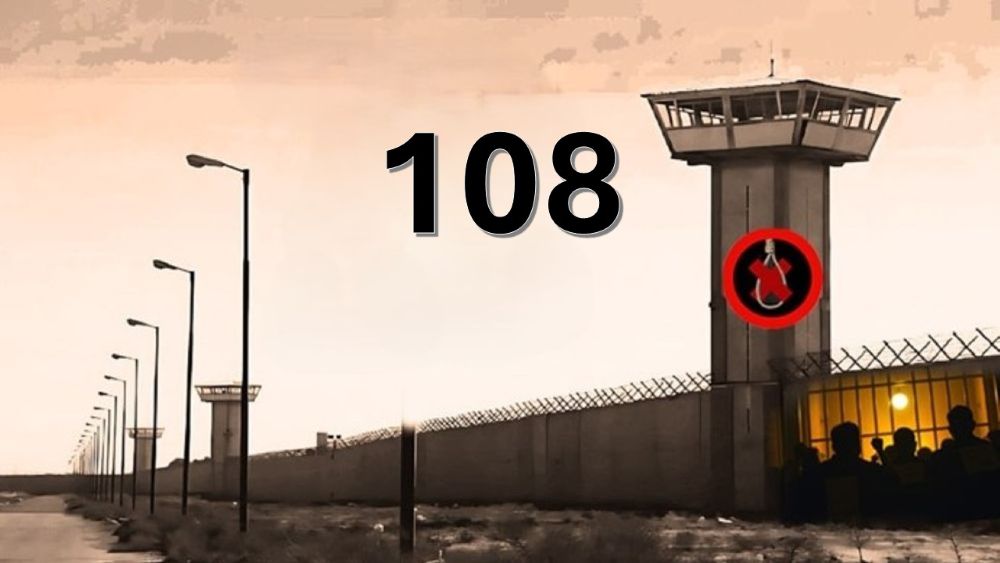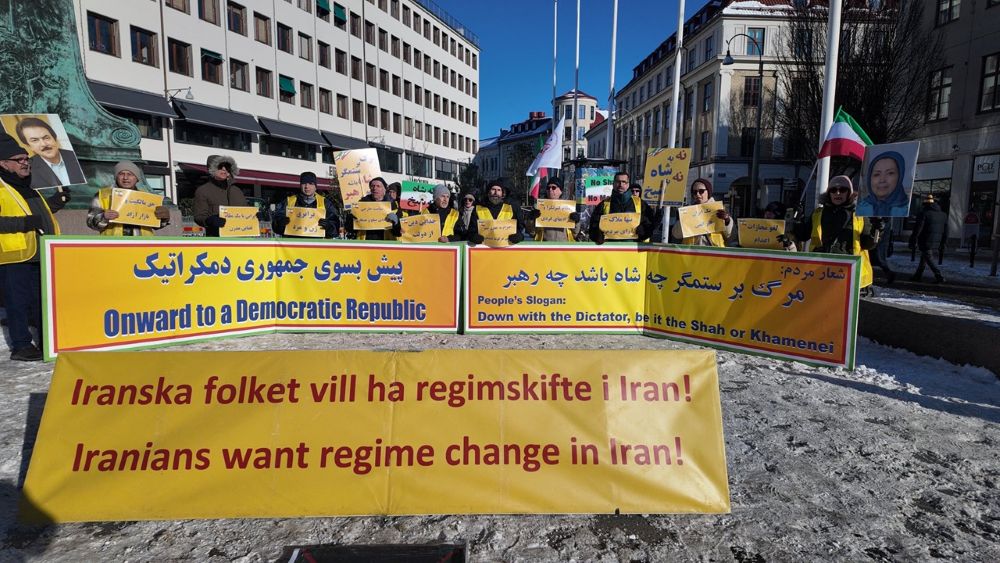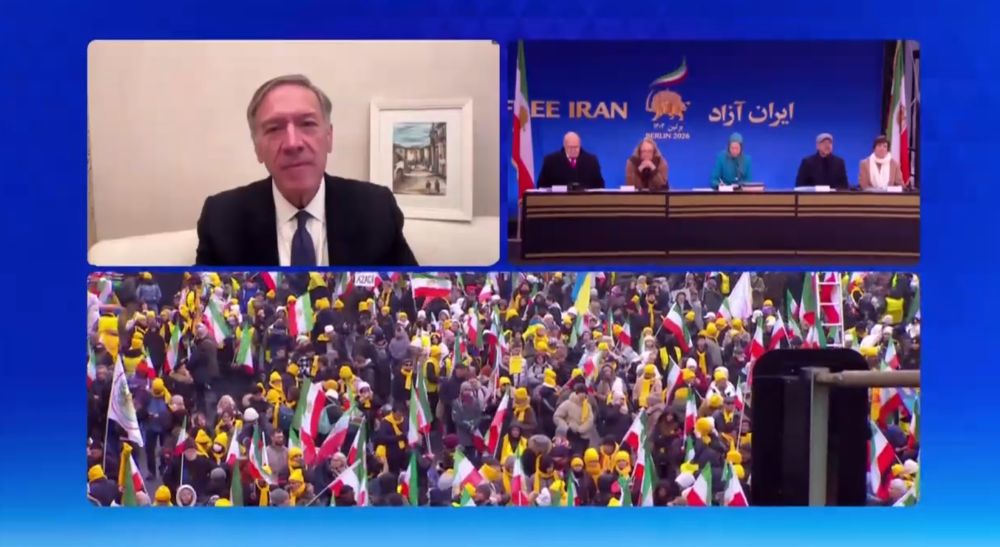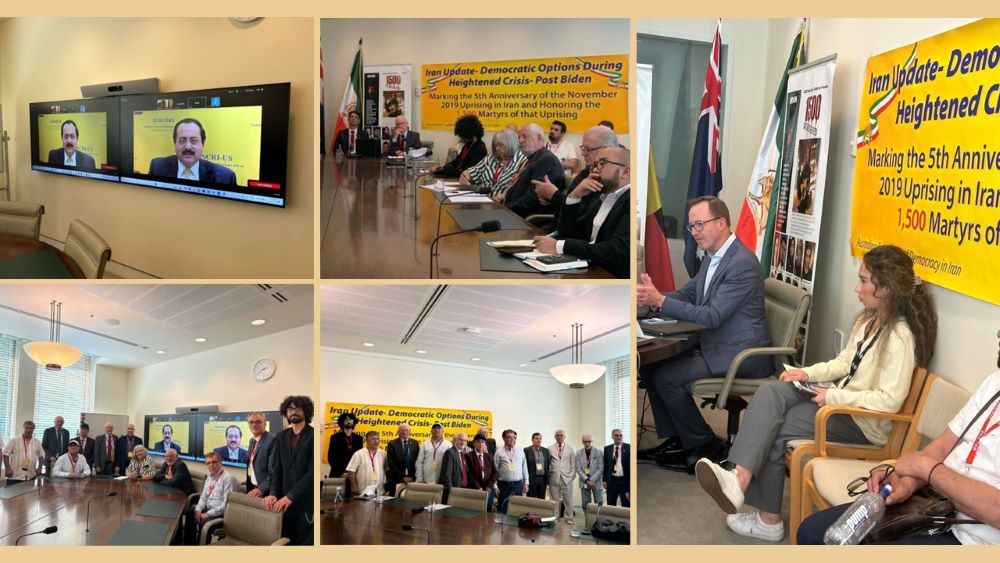
Based on the report of the NCRI US, on November 21, a conference titled “Iran Update, Democratic Options during Heightened Crisis” was held at the Australian House of Representatives, hosted by Honorable Michael Sukkar, MP and Shadow Minister for Housing. This event marked the anniversary of the 2019 uprising in Iran and featured several members of the Australian Parliament, alongside personalities and religious leaders.
Mr. Alireza Jafarzadeh, Deputy Director of the National Council of Resistance of Iran—U.S. Representative Office (NCRI-US), addressed attendees via Zoom from Washington, DC.
Jafarzadeh emphasized the urgent threats posed by the Iranian regime, focusing on its domestic oppression, regional aggression, and nuclear ambitions. He pointed out that the regime’s survival strategy relies on exporting terrorism and suppressing internal dissent, evidenced by a significant increase in executions. The regime has also violated international nuclear agreements while accelerating its nuclear weapons development.
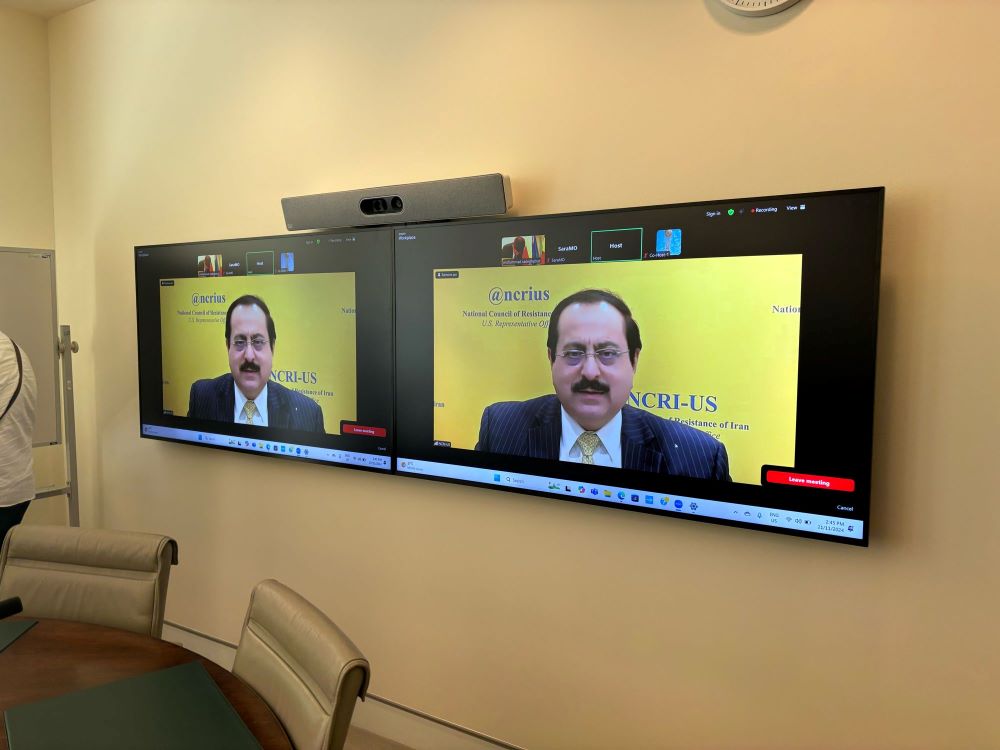
He called for decisive international actions such as reinstating UN Security Council resolutions and designating the Iranian Revolutionary Guard Corps (IRGC) as a terrorist organization. Jafarzadeh emphasized that supporting regime change led by the Iranian people and organized opposition, particularly the People’s Mojahedin Organization of Iran (PMOI/MEK) and NCRI, is central to resolving the crisis. The NCRI advocates for a democratic and non-nuclear future through its Ten-Point Plan, promoting freedoms, equality, and peace in the region.
Senator Paul Scarr expressed solidarity with the Iranian people, praising their courage against a brutal regime while emphasizing the need to designate the IRGC as a terrorist organization. Mr. Andrew Wallace, MP and Deputy Chair of the Parliamentary Joint Committee on Intelligence and Security, echoed this sentiment. Senator David Shoebridge from the Greens condemned human rights abuses in Iran and supported democratic change.
In his remarks, Jafarzadeh outlined the Iranian regime’s reliance on terrorism and conflict to suppress its populace. He noted that since 2024 began, there have been approximately 800 executions in Iran, with around 500 occurring since August when the new president took office. He underscored that over nine rounds of uprisings have occurred since 2017 across all provinces.
Jafarzadeh argued that fundamental democratic change in Iran is achievable through the efforts of an organized resistance movement. He described Iranian society as a “powder keg,” with growing discontent among citizens fueled by Resistance Units led by courageous women. He emphasized that these units are increasing in number and capability despite severe repression.
The PMOI/MEK has a long history of opposing both monarchical dictatorships and current theocracy in Iran. Jafarzadeh highlighted that this organization has suffered significant losses while fighting for freedom, which fuels the regime’s efforts to demonize it.
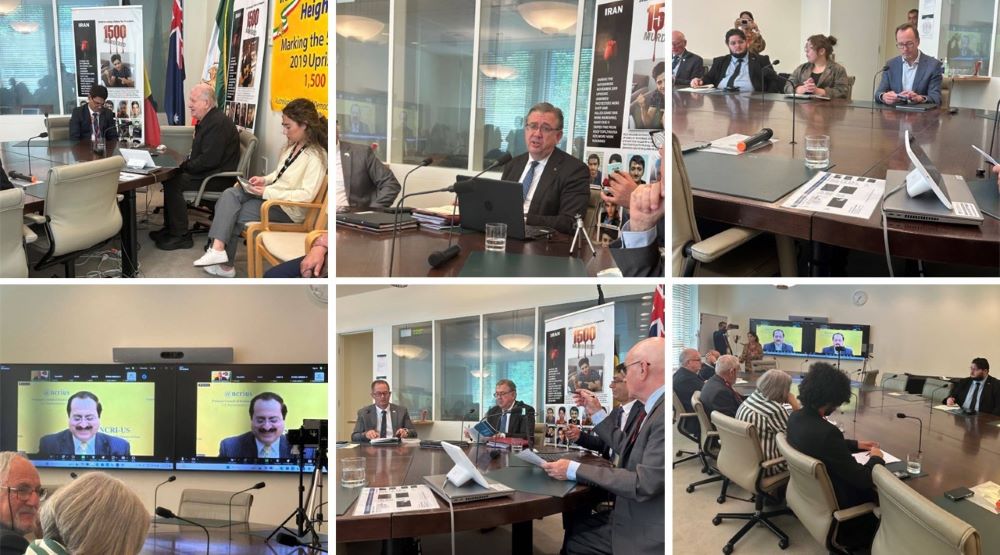
He also pointed out that a coalition exists among various groups committed to ending dictatorship in Iran and establishing a democratic republic. The NCRI is noted for its diverse membership and comprehensive agenda advocating for freedoms and women’s rights.
Jafarzadeh concluded by stating that global support for the Iranian Resistance’s Ten-Point Plan is growing, citing endorsements from legislative bodies across Europe, America, Australia, and several Arab nations. He quoted anthropologist Margaret Mead to emphasize that significant changes often come from small groups of committed citizens.
He urged Australia to support the Iranian people’s right to self-determination and push for an end to IRGC power in Iran, envisioning a future where Iran could become a center of peace rather than chaos.

